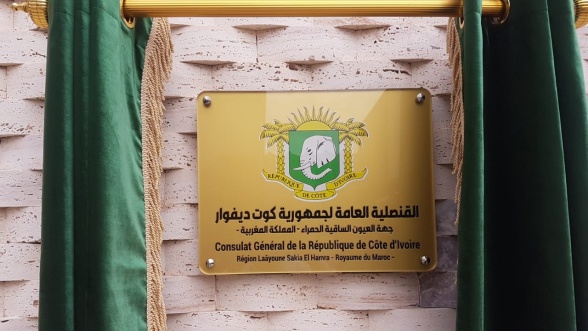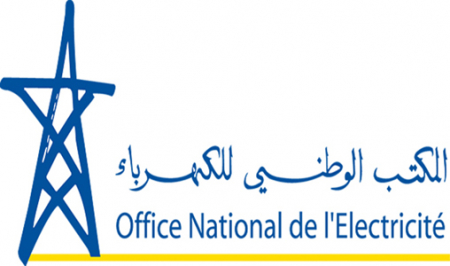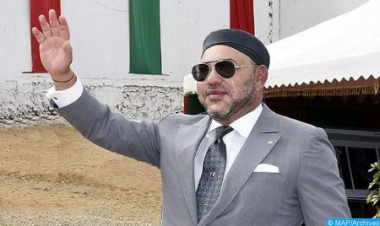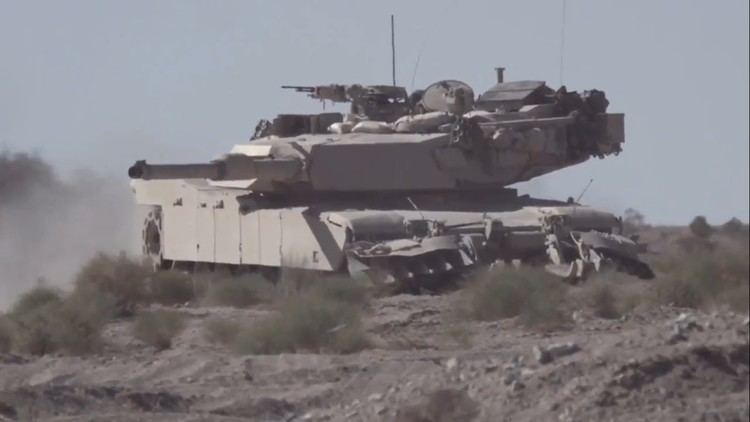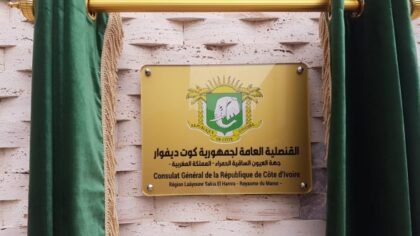 The Algerian rulers have always denied their direct involvement in the Sahara, but their scathing diplomatic move made against Côte d’Ivoire after it opened a Consulate in the Moroccan Saharan city of Laayoune shows clearly that they are the main stakeholder in the Sahara conflict.
The Algerian rulers have always denied their direct involvement in the Sahara, but their scathing diplomatic move made against Côte d’Ivoire after it opened a Consulate in the Moroccan Saharan city of Laayoune shows clearly that they are the main stakeholder in the Sahara conflict.
The Algerian authorities, the real puppeteers of the Polisario separatist group, decided on Thursday to recall its ambassador to Côte d’Ivoire for “consultations” after this African country took a sovereign decision to open its consulate in the Moroccan Saharan provinces, following suit of Gabon, Central Africa Republic, Gambia, Guinea-Conakry, the Comoros, and Sao Tome & Principe. And soon, Burkina Faso and other African nations will follow their steps.
The Algerian foreign ministry tried to justify its hostile move against Côte d’Ivoire by the remarks made by Ivorian Minister of African Integration Ally Coulibaly during the opening ceremony of his country’s Consulate in Laayoune on Tuesday feb.18.
Mr.Coulibaly said the move is “in line with the constant position of his country on Moroccan Sahara”. “We have always defended, everywhere in international forums, the Sahara as Moroccan… We think we are compatible with history,” said the Ivorian minister. This West-African country has constantly backed Moroccan sovereignty over its southern provinces and recognized the Moroccanness of the Sahara.
The decision to open a diplomatic representation in the southern provinces of the Kingdom is part of the “bold and pragmatic policy that we have always defended, everywhere in international forums, namely the Moroccan aspect of the Sahara. We think we are compatible with history,” said the Ivorian minister during a joint press briefing with Minister of Foreign Affairs, African Cooperation and Moroccans Abroad Nasser Bourita.
Neither the United Nations, nor the Security Council, regional or international organizations in Europe or Africa, Asia or Latin America was irked by the decision made by African countries to open diplomatic representations in Southern Morocco. Only the Algerian regime was upset as it senses that its isolation is growing and that it is losing its regional & international luster in its showdown with Morocco over the Sahara.
For decades, Algerian rulers, who provide weapons, funds and shelter to the Polisario secessionists to undermine Moroccan territorial integrity, have claimed they are not a party to the Sahara conflict, although they were caught red-handed providing logistic support, diplomatic passports, planes and funds to Polisario members to carry out anti-Moroccan campaigns worldwide.
Several UN Security council resolutions describe Algeria as a main stakeholder in the regional dispute over the Sahara and in the UN-led process aiming to find a political, realistic, practical and lasting solution to the conflict.
King Mohammed VI has reached out to Algeria, offering direct and frank dialogue in order to settle all differences impeding the development of relations between the two countries. However, the Algerian authorities snubbed the Moroccan initiative to break the stalemate in bilateral relations.
Rabat is convinced that better relations with Algiers would help solve the Sahara issue, unlock the huge potentials of the region and enhance its stability.
The fact remains, however, that Algeria’s stand is out of time and contrary to its own “logic” regarding the respect for the sovereignty of States and the principle of “non-interference” in other states’ affairs. So, how dare it question Côte d’Ivoire’s sovereign decision?
